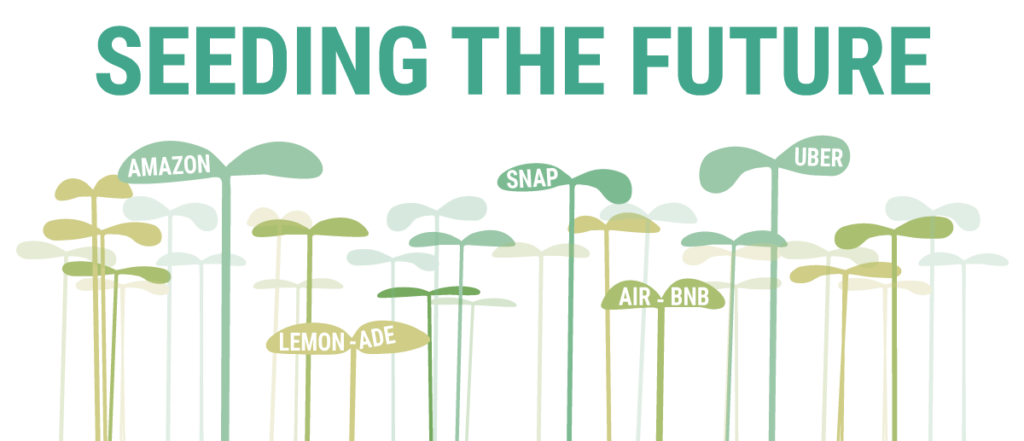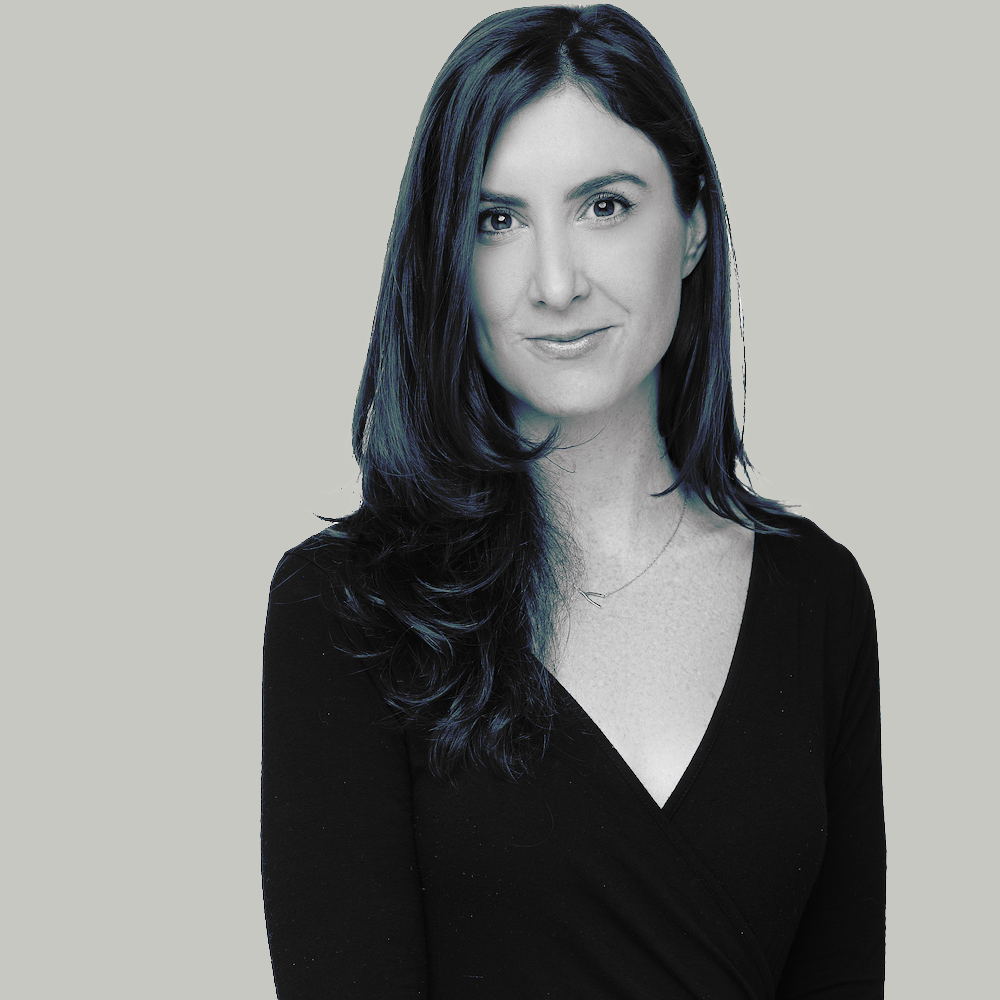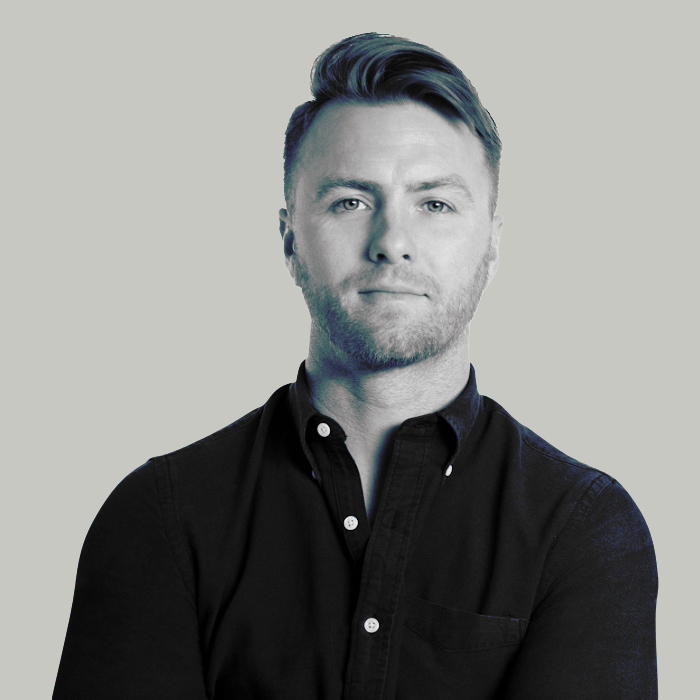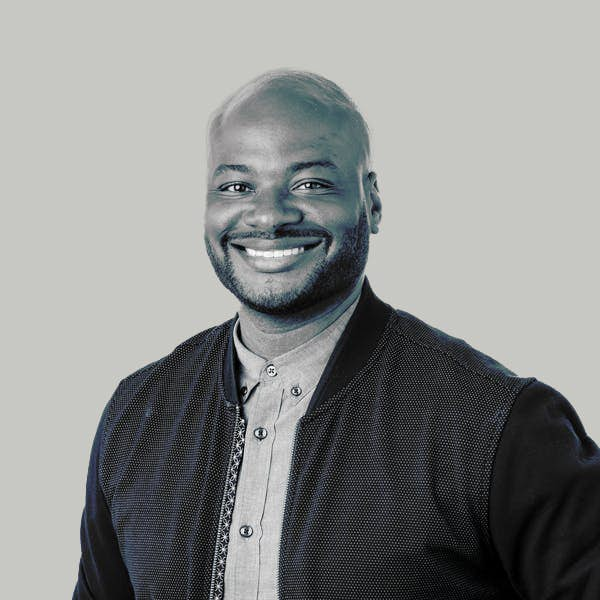Seeding the Future: Sourcing and Scoring Deals

Our “Seeding the Future” series explores trends, opportunities, and companies from the seed and pre-seed venture world. This is the investment focus of AVG’s newest Basecamp Fund.

The fund is now open! Click below to learn more.
How Our Managing Partners Score & Source Deals
To help bring to life the opportunities and challenges in seed investing, as well as AVG’s unique approach and assets, we interviewed our Basecamp team. The team includes four full-time Managing Partners, based in three key venture hubs (San Francisco, NYC, and Chicago), plus four other full-time Principals and Analysts.
Click here to see our team and their bios.
Today’s discussion with our four MPs focuses on how the team identifies, accesses, and evaluates potential investments, such as our recent deal with edtech startup Tract. Click here to learn about the company and our investment.

Catherine Lu
Managing PartnerBefore joining the Basecamp Fund, Catherine was a successful entrepreneur, product manager, and software engineer. She was Director of Product at NEA-backed DataVisor, an enterprise company offering an unsupervised machine learning fraud solution. Prior to hat, she co-founded the retail analytics company Fancy That (acq. acquired by Palantir in 2015). While at Stanford, she built an online platform used by thousands of students and instructors to streamline grading. Catherine graduated from Stanford with a BS and MS in Computer Science, focusing on AI.
How do you get into great seed deals?
Catherine: The first step is developing a personal relationship with the founder. I can say very confidently that all of us on the Basecamp team are genuine, nice people to work with. We also have great experiences where we are able to say, “Okay, we understand what your business is about, and we have expertise and personal networks that can help.”
The second step is highlighting the strength of the Alumni Ventures Group network. What AVG offers is this unique, very large network of individuals from many different industries. That’s a really powerful message that helps seal the deal in many conversations that we have.

Andrea Funsten
Managing PartnerAndrea has worked with early and growth-stage companies as an investor and an operator. Previously, she was an investor at Fika Ventures and Expa, the venture studio started by the founder of Uber. Prior to venture, Andrea was an early employee of proptech company VTS before founding Loop, a two-sided marketplace for tenants to leverage collective buying power for home services. She started her career in commercial real estate at CBRE Group, the world’s largest commercial real estate services and investment firm. Andrea holds a BA from the University of Pennsylvania.
Andrea, how about you?
A lot of the deals I source came through my network and conversations with established firms, people who I have collaborated with on other investments prior to Basecamp. I’m also very active on Twitter, so people reach out to me there or on LinkedIn.
In addition, I do a lot of research and reach out to companies that I learn about. About half my day is spent reading interesting articles or research reports on various new technologies. Those sometimes evolve into leads.
Finally, I’d like to think that my track record helps. The founders that I have worked with refer me to companies that they have seen or former employees starting businesses. This is my favorite kind of introduction, because the introducer can vouch for how hard I like to work with my teams.

Matt Scott
Managing PartnerPrior to joining Basecamp, Matt was an experienced founder and operator of multiple venture-backed businesses: Integral Ad Science (acq. by Vista Equity Partners), enterprise SaaS platform Suzy (backed by The Foundry Group, Tribeca Venture Partners), and a direct-to-consumer brand (backed by Lerer Hippeau). Earlier, he was a member of the corporate venture practice at Nike and an investor at Coriolis Ventures. He began his career as an innovation strategy consultant for Procter & Gamble. Matt holds an MBA from NYU Stern and BA from Tulane University.
How do you evaluate seed deals?
Matt: Once I’m comfortable with market assessment, I would say I look at the following. First, founder-market fit comes down to, “Why is this woman or man uniquely situated and positioned to build this business? What lessons have they learned? What domain expertise do they bring?” You can’t start with a terrible idea, but ultimately, execution is what matters.
Then, in the absence of substantive financials, how comfortable am I that customers want their product? That can come be demonstrated through consumer surveys, demand tests, early revenue traction, and organic customer growth.
Finally, I ask, “Why now?” Whether that’s market growth, changes in the competitive landscape, or consumer preferences, etc., I have to be convinced that now is the right time for this product.

Wayne Moore
Managing PartnerMost recently Wayne served as a founding partner at Purple Arch Ventures, AV’s fund for Northwestern alumni. Before that, Wayne was an executive on the global content acquisition team at Netflix and VP of Business Development at Silver Chalice Ventures, a digital media startup. Wayne began his career as a Surface Warfare Officer in the US Navy. He holds a BS in industrial engineering from Stanford, an MBA from Kellogg, and is a Kauffman Fellow (Class 25). He is an advisor to several startups and founding board member of Great Lakes Academy Charter School.
Wayne, what can you add or underscore?
Wayne: At this stage, there are not a ton of metrics. Companies typically haven’t demonstrated product/market fit yet. They may not even have a developed product. My key proof points:
- Has the team done this before? Have they exited? Do they know how to raise capital, and can they create shareholder value?
- Are they able to attract other exceptional team members?
- Do they have an “earned perspective.” Does their personal or professional background give them a nuanced view on the problem that they’re tackling?
- Is this a compelling market opportunity? Most of the time, people will ask, “How big is the market?” I am also excited to see a niche group of consumers that is starving for a product or service.
- Is this company taking a sector from zero to one? That’s a phrase I borrowed from Peter Thiel, where he talks about the difference between companies being evolutionary or revolutionary.
- Finally, what’s the potential payout? I always do the simple mental exercise and ask myself, “If every other company in this portfolio failed, does this company have the potential to deliver that 50X or 100X to make up for the losses in the portfolio and then some?”

AVG’s Basecamp Fund offers investors a portfolio of ~100 pre-seed and seed investments diversified across sector and region. Approximately 25% of the fund is reserved for follow-on investments. Minimum starts at $25K. The fund is now open! Click below to learn more.
Want to learn more?
View all our available funds and secure data rooms, or schedule an intro call.
New to AV?
Sign up and access exclusive venture content.
Contact [email protected] for additional information. To see additional risk factors and investment considerations, visit av-funds.com/disclosures.